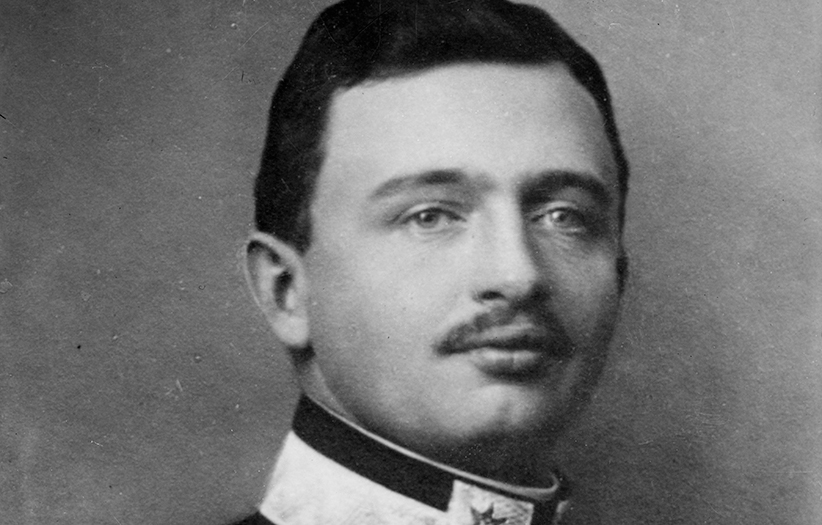Blessed Karl of Austria (1887-1922) was undeterred in his commitment to follow Christ, and the circumstances of his life provided numerous opportunities for the Austro-Hungarian emperor to take up his cross and do just that. Karl’s young adulthood was spent pursuing education in politics and law alongside training as a military officer. He had become comfortable with a life of a prince who was not destined for high office.
From his earliest years, Blessed Karl was formed in the ways of faith, which only grew in his young adult years. Personally, he was known to be kind, humble and modest — a quintessential gentleman. A man of prayer, Blessed Karl was devoted to the Lord, especially in the Blessed Sacrament, and he was known to make several visits to the chapel daily.
The faith of Blessed Karl was well-matched in the young Princess Zita of Bourbon-Parma. Together they recognized the most important service spouses perform for each other, as Blessed Karl told the future empress on their wedding day in 1911: “Now, we must help each other to get to heaven.” After his 2004 beatification, Blessed Karl’s feast day was set for their wedding anniversary, Oct. 21. There is now an open cause for his wife’s canonization.
As is so in God’s ways, the course of Blessed Karl’s life unfolded in an unexpected manner. He was not supposed to inherit the throne from his great-uncle. Rather, the crown was destined for his uncle, Archduke Franz Ferdinand. But his death in 1914 — which was the impetus for World War I — caused the crown to fall upon Blessed Karl.
As a Catholic monarch, he embraced his office as the will of God. Informed by the Church’s social teaching, the emperor sought at all costs to promote peace, equality and justice in the midst of a world at war. This came along with a great personal price.
Blessed Karl abhorred war; he could not understand why anyone would desire it. The merciless greed and quenchless thirst for power that fuels war’s desire for conquest and domination was foreign to him. He was a gentle soul, one who thirsted above all for true and lasting peace. That dedication was unpopular and eventually cost him his life.
As his empire unraveled at the conclusion of the war in 1918, Blessed Karl did not greedily cling to the power of his office and relinquished any role he had in the government. He knew, above all, that God’s providence entrusted him with the office to be of service to his people.
This was no failure on the part of Blessed Karl. The world tragically rejected his prophetic voice of conscience as the modernist and secular winds of society — post Enlightenment — were shifting its aim to eliminate the Church’s voice, especially in temporal affairs.
Blessed Karl never abdicated, for that he saw as a rejection of God’s will, but he twice attempted to regain his office. As democracy took hold of his realm, he was forced into exile. The royal family was exiled first to Switzerland and then eventually to the Portuguese island of Madeira. This remote location was chosen to prevent a third attempt to reclaim his realm.
His final years of suffering were embraced by Blessed Karl as an opportunity for him to offer up for the good of his peoples. He united himself to the Sacred Heart of Jesus, who knew what it was like to be mistreated, looked down upon and slandered. His new-found poverty came with a price on his health. Weakened by two heart attacks, Blessed Karl died at age 34 after a final bout with pneumonia that was brought on by his weakened health and the cold and damp climate of his exile.
His feast day is Oct. 21.
Michael R. Heinlein is editor of Simply Catholic. Follow him on Twitter at @HeinleinMichael.

